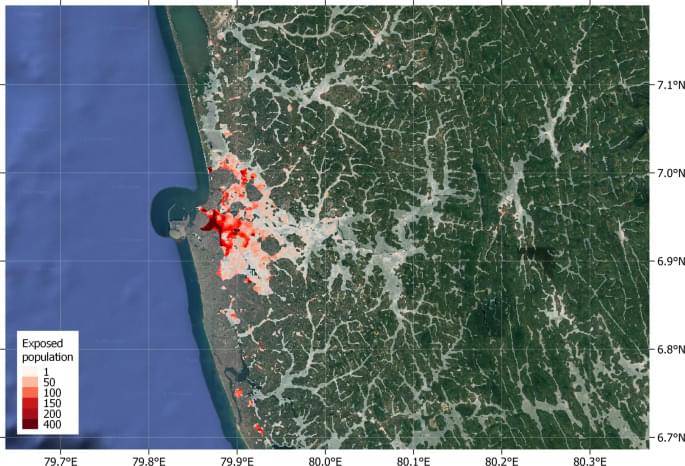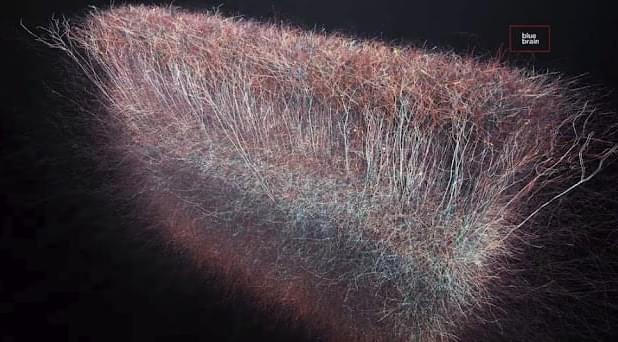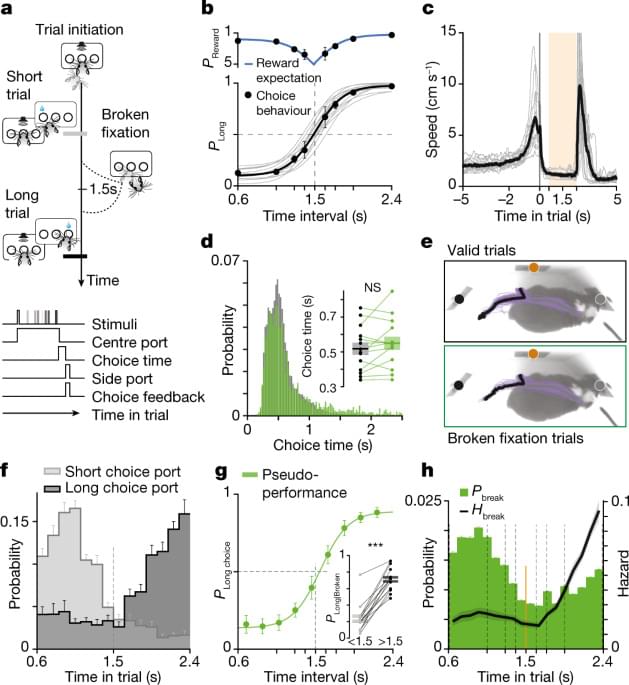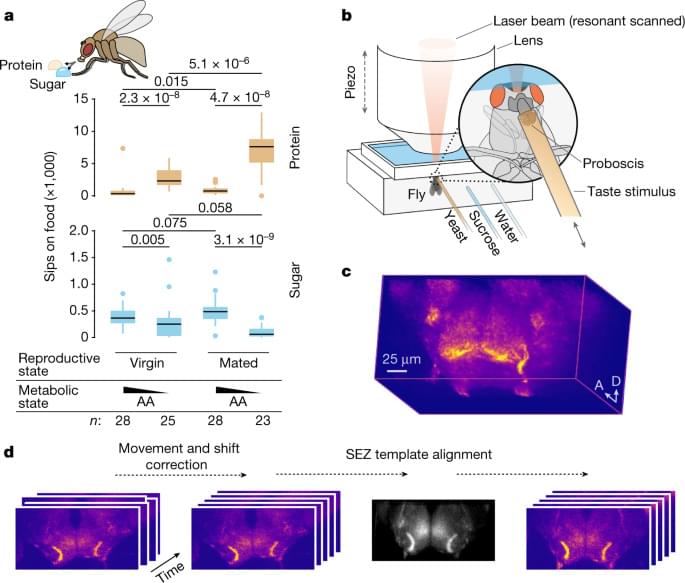
“We just open-sourced an AI model we built that can translate across 200 different languages — many which aren’t supported by current translation systems,” he said. “We call this project No Language Left Behind, and the AI modeling techniques we used from NLLB are helping us make high quality translations on Facebook and Instagram for languages spoken by billions of people around the world.”
Meta invests heavily in AI research, with hubs of scientists across the globe building realistic avatars for use in virtual worlds and tools to reduce hate speech across its platforms 0, among many other weird and wonderful things. This investment allows the company to ensure it stays at the cutting edge of innovation by working with the top AI researchers, while also maintaining a link with the wider research community by open-sourcing projects such as No Languages Left Behind.
The major challenge in creating a translation model that will work across rarer languages is that the researchers have a much smaller pool of data — in this case examples of sentences — to train the model versus, say, English. In many cases, they had to find people who spoke those languages to help them provide the data, and then check that the translations were correct.


















